Home >Backend Development >PHP Problem >How to debug remotely when developing PHP with Netbeans
How to debug remotely when developing PHP with Netbeans
- (*-*)浩Original
- 2019-10-14 13:38:462459browse
It is difficult to maintain the development environment if it is built too much. It is difficult to find the root cause of local problems, which may not be encountered in the actual production environment. So here I will write an operational experience on how to connect to a remote site using NetBeans.
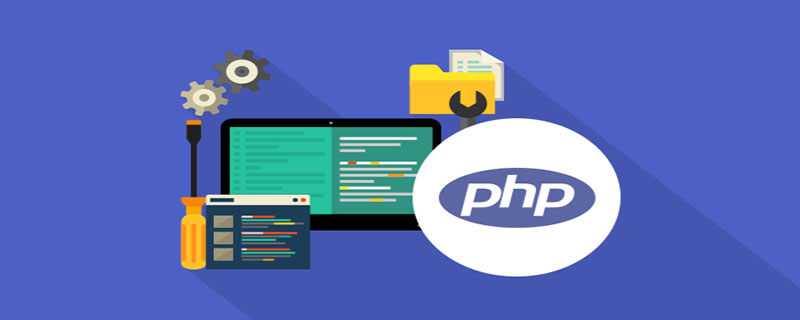
Open NetBeans, File-New Project. At this time, select PHP in the category and then proceed to the next step. (Recommended learning: PHP video tutorial)
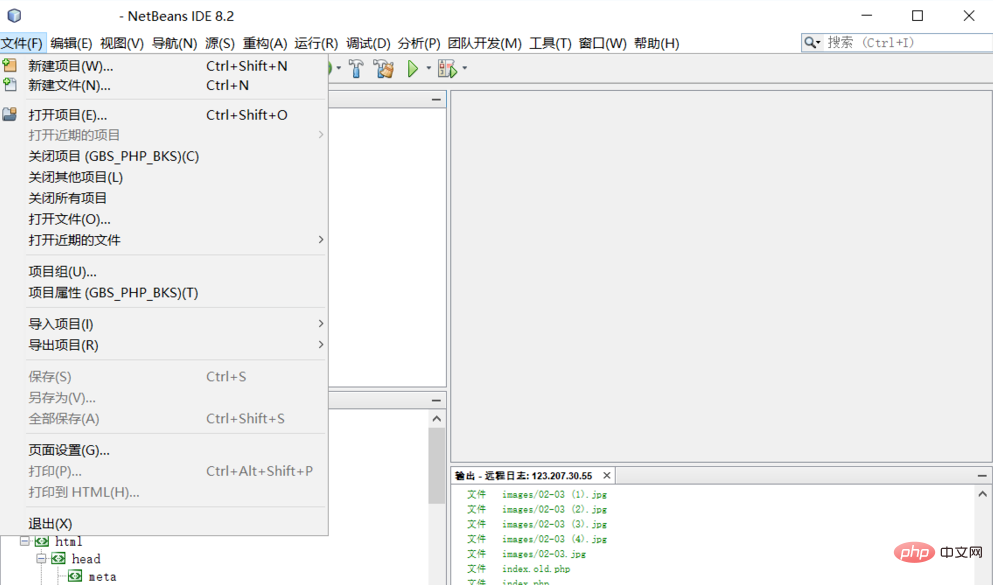
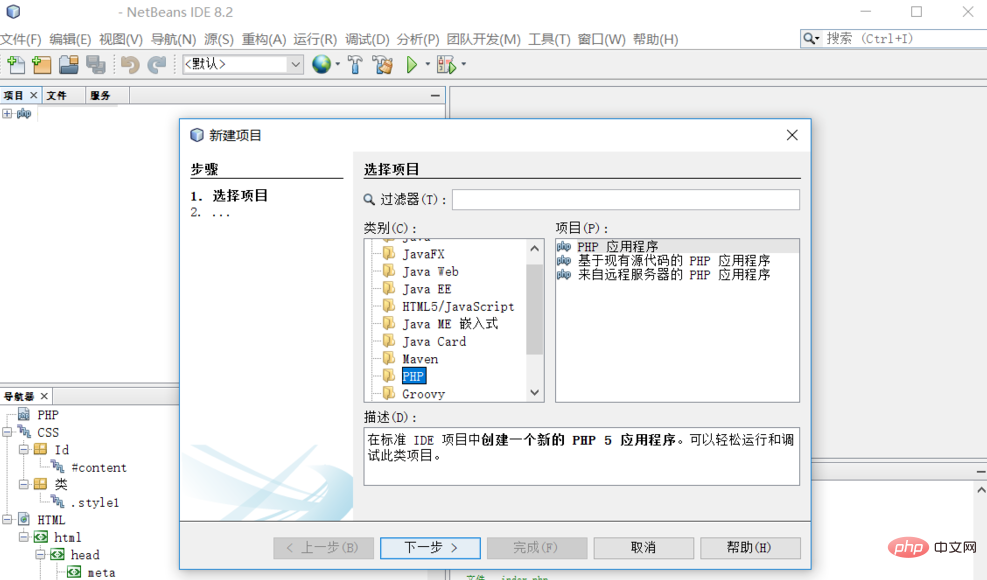 Project name, for the sake of originality, I fill in Baidu, and I choose version 5.3 for the PHP version. The default is UTF-8. Avoid garbled characters. The default location of the source folder will be fine. Next step.
Project name, for the sake of originality, I fill in Baidu, and I choose version 5.3 for the PHP version. The default is UTF-8. Avoid garbled characters. The default location of the source folder will be fine. Next step.
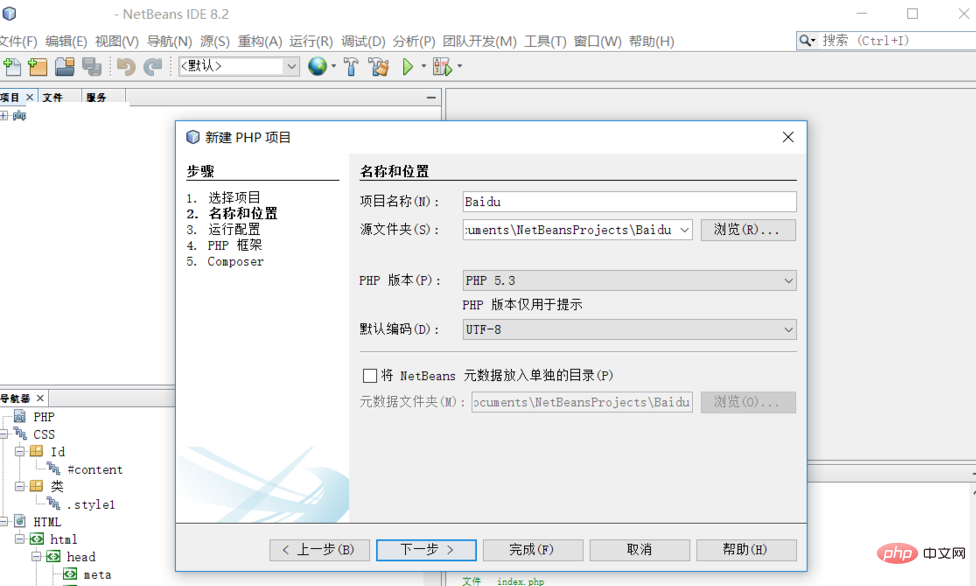 # Configure the operation. This is a critical step. Select the remote Web site as the operation mode. Write the domain name for the project URL, if the server is configured with a certain port. Also add the port number. Upload file selection runtime. Next, remote connection - management.
# Configure the operation. This is a critical step. Select the remote Web site as the operation mode. Write the domain name for the project URL, if the server is configured with a certain port. Also add the port number. Upload file selection runtime. Next, remote connection - management.
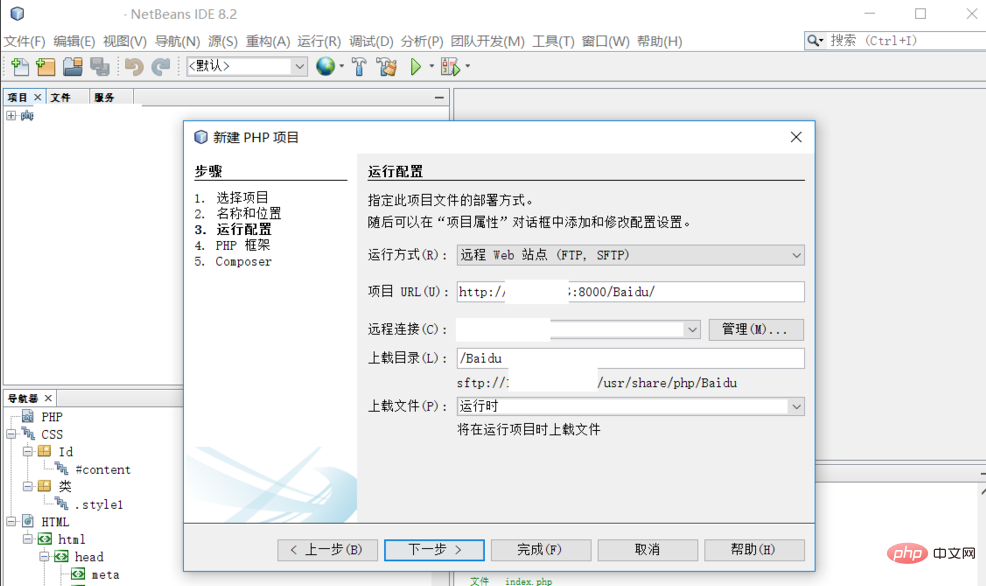 Fill in the IP, password, account and other information of the remote server in each blank, and then test the connection. This is to prevent the configuration from being completed without a successful connection, resulting in later upload failure. As shown in the picture, the connection is successful.
Fill in the IP, password, account and other information of the remote server in each blank, and then test the connection. This is to prevent the configuration from being completed without a successful connection, resulting in later upload failure. As shown in the picture, the connection is successful.
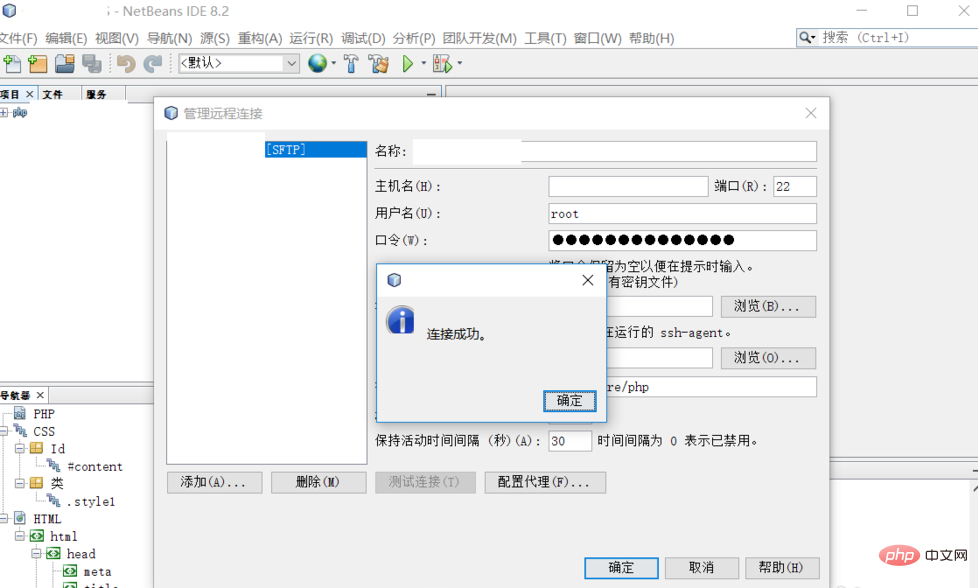
The above is the detailed content of How to debug remotely when developing PHP with Netbeans. For more information, please follow other related articles on the PHP Chinese website!

